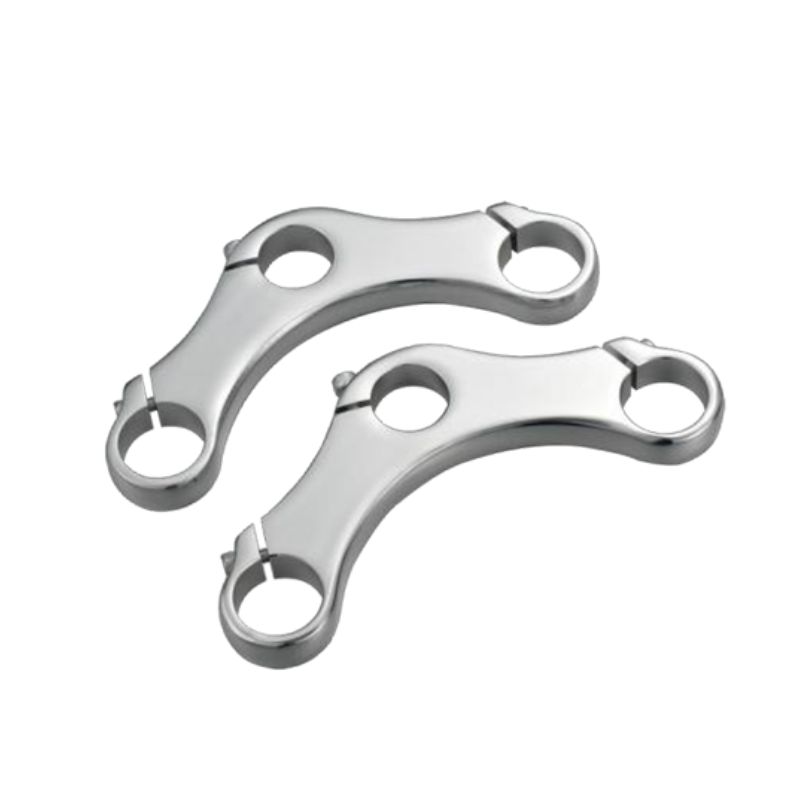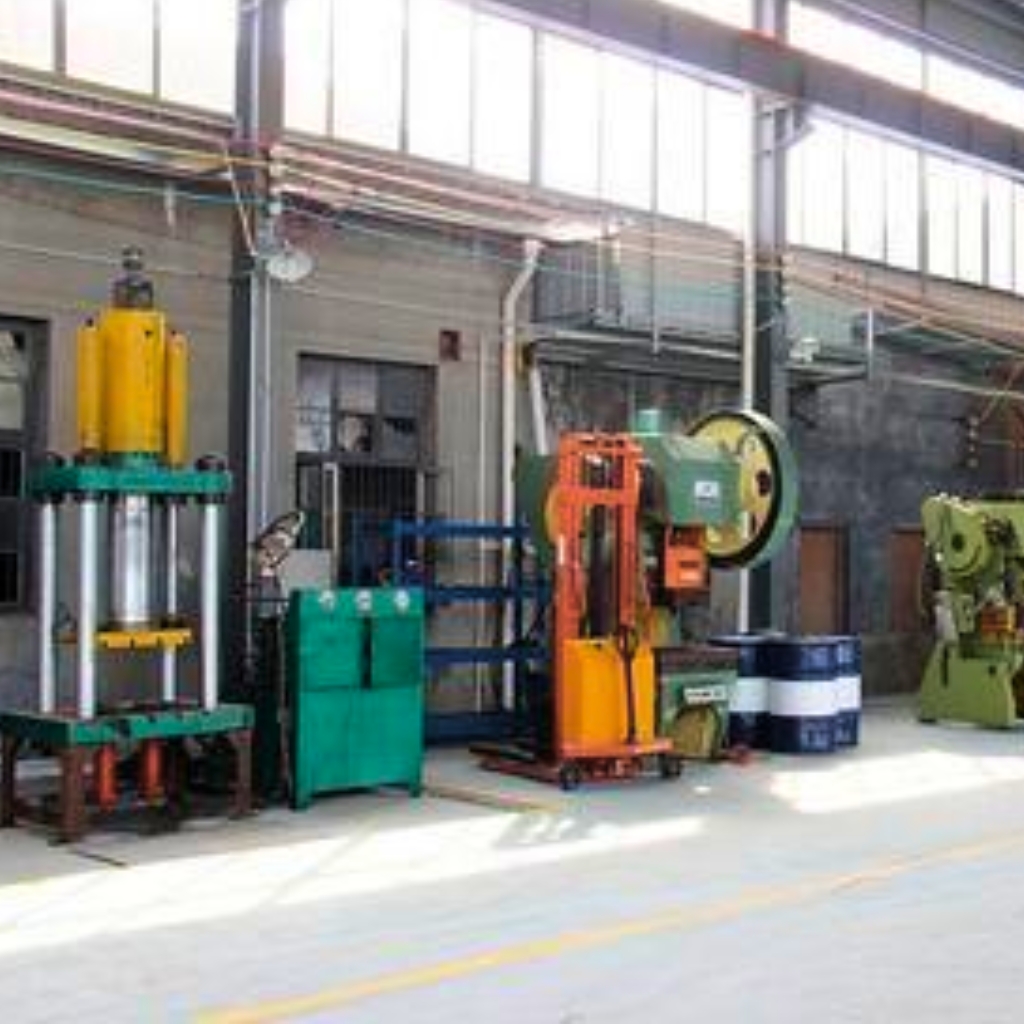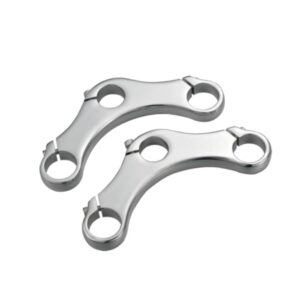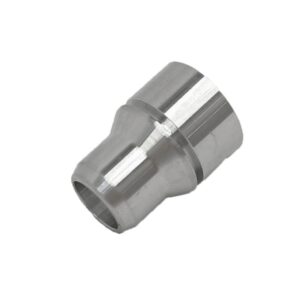Forging aluminum is a crucial manufacturing process used to create high-strength, durable components with excellent mechanical properties. This process involves shaping aluminum through compressive forces, typically using a hammer or press. MINGYU Tech, a leading manufacturer in the field, utilizes advanced forging techniques to produce top-quality aluminum parts for various industries, including automotive, aerospace, and electronics. This article explores the detailed manufacturing process of forging aluminum and highlights the expertise of MINGYU Tech in delivering superior forged products.

The Forging Process Explained
The forging process transforms raw aluminum into finished parts with enhanced strength, reliability, and performance. The process can be broken down into several key steps:
1. Material Selection
The first step in forging aluminum is selecting the appropriate aluminum alloy. MINGYU Tech chooses alloys based on their mechanical properties, such as strength, ductility, and resistance to corrosion. Commonly used alloys include 6061, 7075, and 2024, each offering unique advantages for different applications.
2. Heating
Once the alloy is selected, the aluminum billets or ingots are heated to a specific temperature, making the metal malleable without melting it. This process, known as preheating, is crucial as it ensures the aluminum can be shaped without cracking. The optimal temperature varies depending on the alloy but typically ranges between 350°C and 520°C.
3. Forging
After preheating, the actual forging process begins. There are several forging methods used, including open-die, closed-die, and rolled-ring forging. MINGYU Tech employs the method best suited to the desired part geometry and production volume:
- Open-Die Forging
Involves shaping the aluminum between flat or contoured dies. This method is flexible and ideal for large or custom components. - Closed-Die Forging
Also known as impression-die forging, this method uses shaped dies to compress the aluminum into a specific form. It is highly efficient and suitable for producing complex, high-volume parts with excellent precision. - Rolled-Ring Forging
Used to create seamless rings by piercing a preheated aluminum billet and then rolling it into a thin ring shape. This method is perfect for producing high-strength rings and discs.
4. Trimming
After forging, excess material, known as flash, is trimmed away. This step ensures that the final component has a clean, precise shape. Trimming is typically done using mechanical or hydraulic presses.
5. Heat Treatment
To enhance the mechanical properties of the forged aluminum part, heat treatment processes such as annealing, solution heat treatment, and aging are applied. These treatments improve hardness, strength, and ductility, ensuring the part meets the required performance standards.
6. Finishing
The final step in the forging process is finishing, which involves surface treatments to enhance the appearance and functionality of the part. Processes such as machining, polishing, anodizing, and coating are used to achieve the desired surface quality and protection against corrosion.

Advantages of Forging Aluminum with MINGYU Tech
1. Superior Strength and Durability
Forged aluminum parts produced by MINGYU Tech exhibit superior strength and durability compared to parts made through other manufacturing methods. The forging process aligns the grain structure of the aluminum, enhancing its mechanical properties and resistance to fatigue.
2. Precision and Consistency
MINGYU Tech’s advanced forging techniques ensure high precision and consistency in every part produced. This precision is critical for applications requiring tight tolerances and reliable performance.
3. Customization and Expertise
With extensive experience in aluminum forging, MINGYU Tech offers customized solutions to meet specific client requirements. Their expertise in material selection, forging techniques, and finishing processes ensures that each part is tailored to achieve optimal performance.
4. Efficient Production
The forging process is highly efficient, allowing MINGYU Tech to produce large volumes of high-quality parts quickly. This efficiency translates into cost savings for clients, making forging an economically viable option for many applications.

Conclusion
Forging aluminum is a vital manufacturing process that produces high-strength, durable components with superior mechanical properties. MINGYU Tech’s expertise in aluminum forging, combined with advanced techniques and state-of-the-art equipment, ensures the production of top-quality forged parts for various industries. Whether you need components for automotive, aerospace, or electronics applications, MINGYU Tech delivers precision, reliability, and excellence in every product. Contact MINGYU Tech today to learn more about their aluminum forging capabilities and how they can support your manufacturing needs.
Tags: OEM Alu Connector




